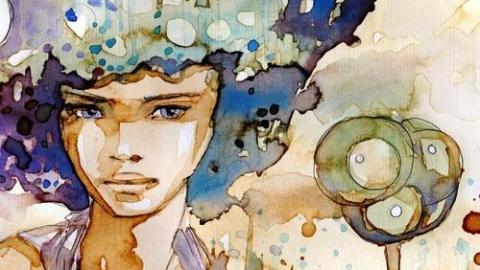Why ‘the Self’ Is Really an Illusion

What’s the Latest Development?
In his new book on consciousness, The Self Illusion, University of Bristol psychologist Bruce Hood says the idea that each individual has of who he or she is begins to flake apart at very early levels of investigation. Consider the words “I” and “me”. Hood argues that “I” represents the ever-present subject, the being who exists here and how. “Me”, on the other hand, represents our social self, the person who we tell others (and ourselves) we are based on all the experiences, some more formative than others, that have happened before this very moment. Besides this linguistic line of investigation, Hood says plenty of neurological studies show the self to be a result of consciousness, not a precondition.
What’s the Big Idea?
Hood goes further in his deconstruction of the self, explaining that who we are is not simply compartmentalized or fragmentary, but that it does not actually exist at all. Echoing the philosopher Gilbert Ryle, he says that our brains create consciousness as well as the experience of consciousness. “So you can become aware of a thought, but you are not independent to that thought.” To be sure, says Hood, that is contrary to how we experience consciousness, particularly when we talk of “entertaining, gathering and considering” thoughts, as though a person inside our minds were evaluating ideas in a formulaic manner.
Photo credit: Shutterstock.com




